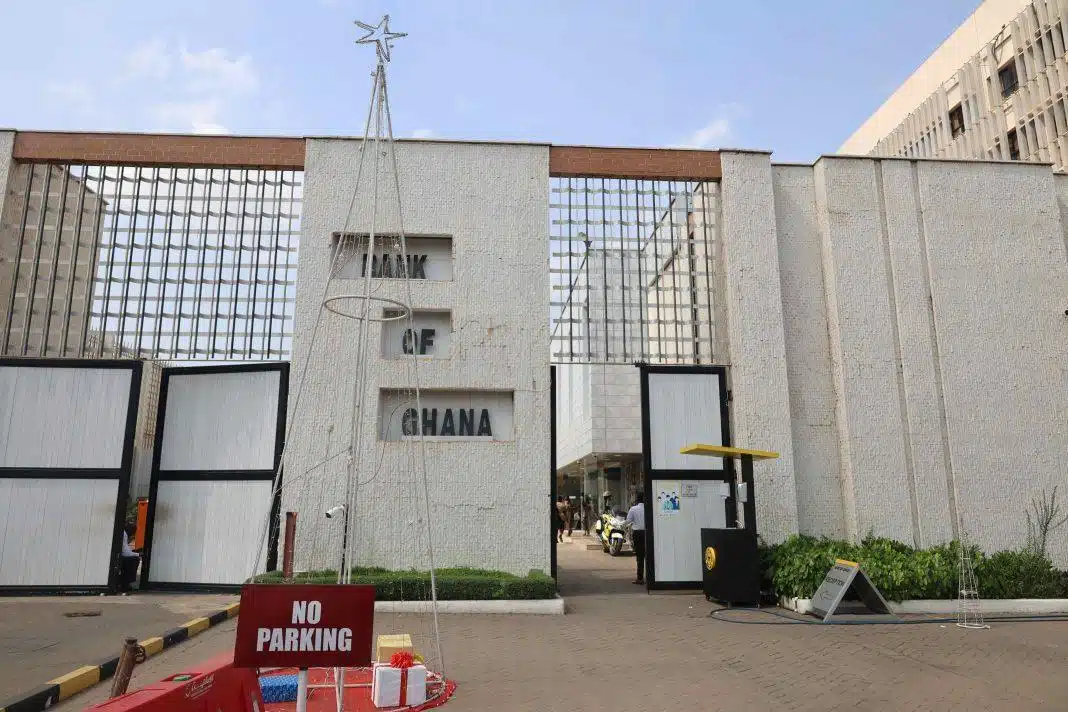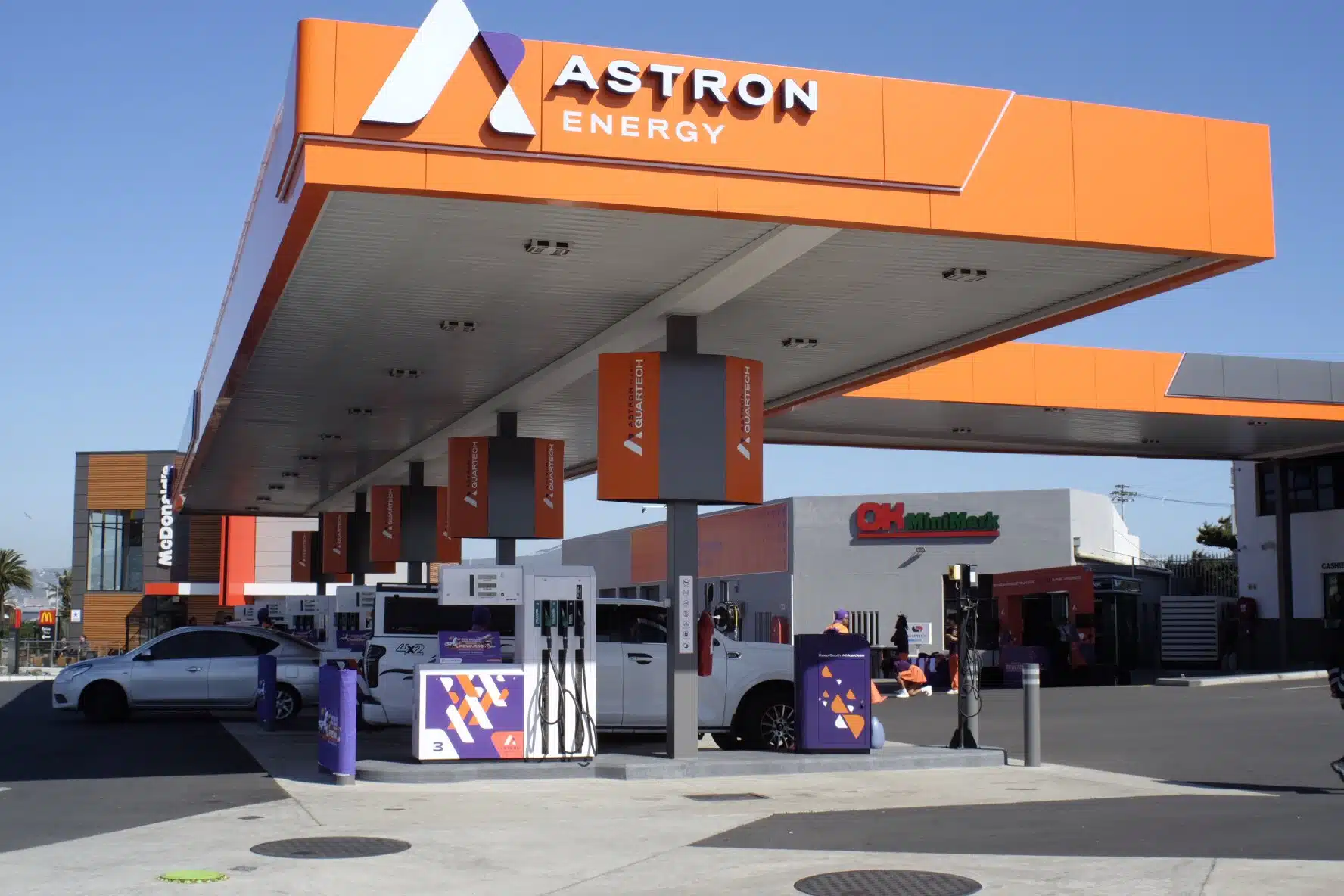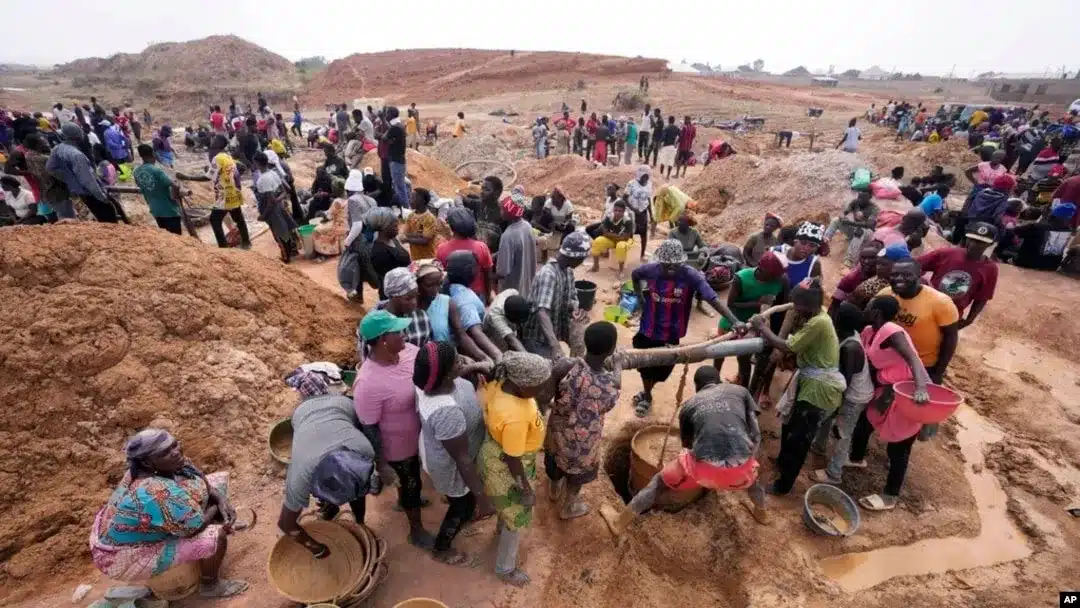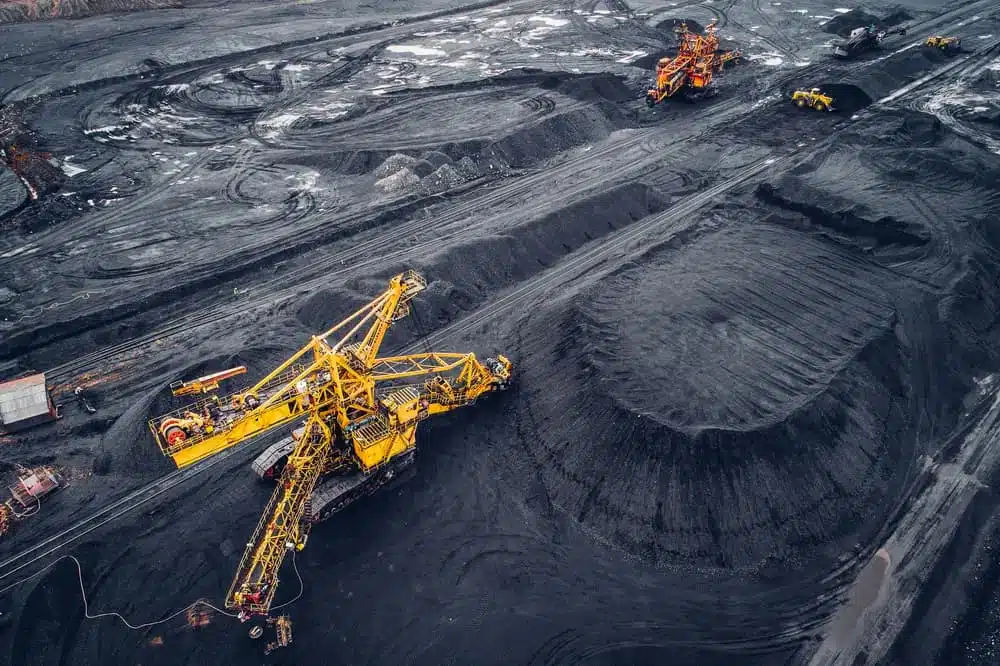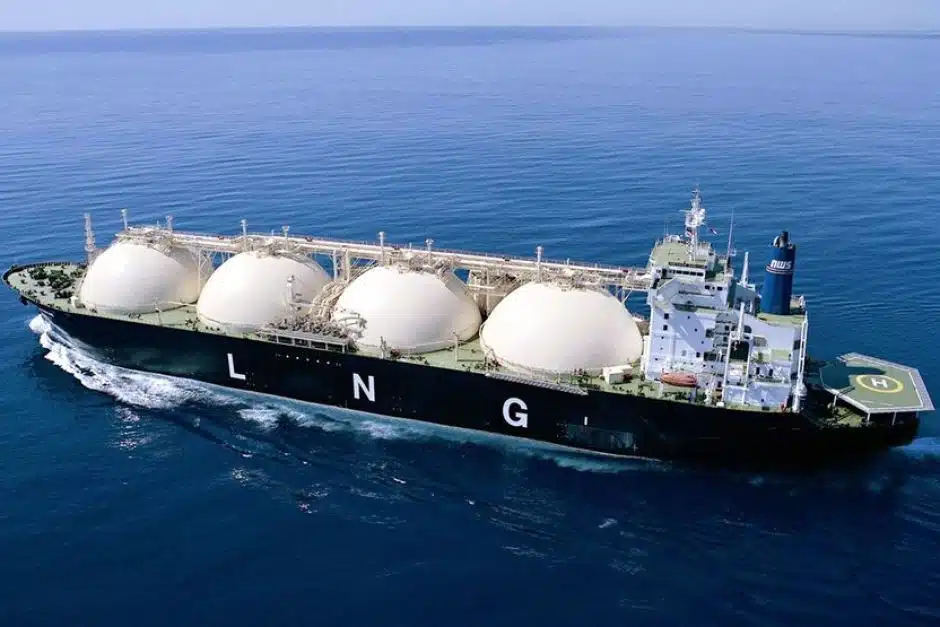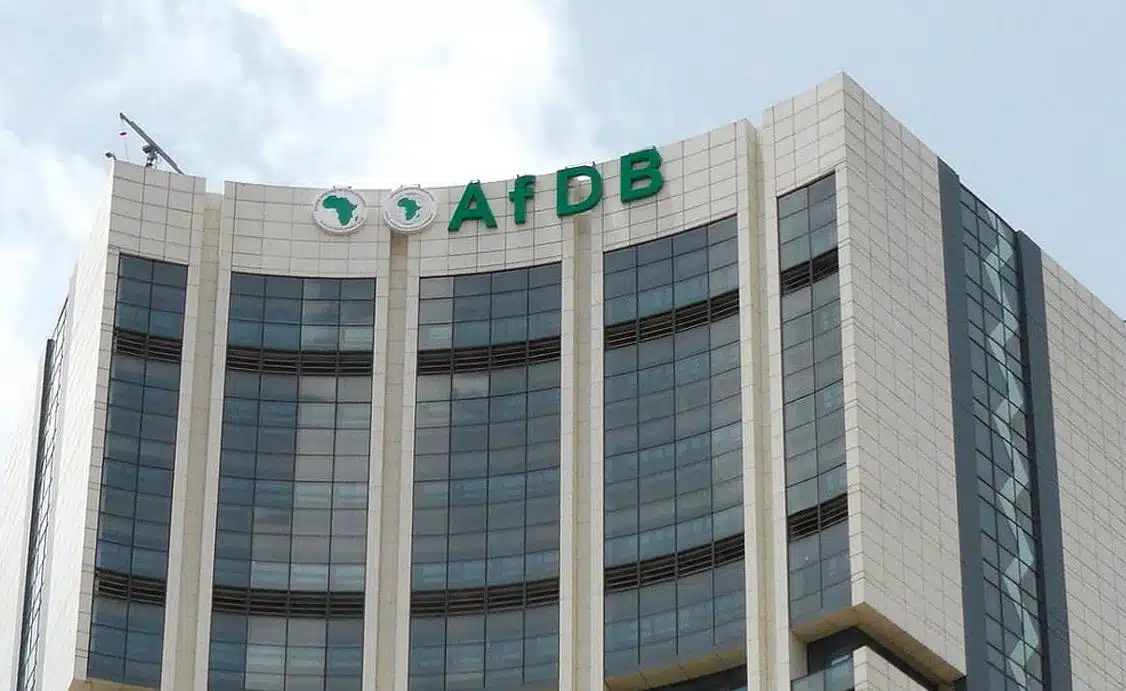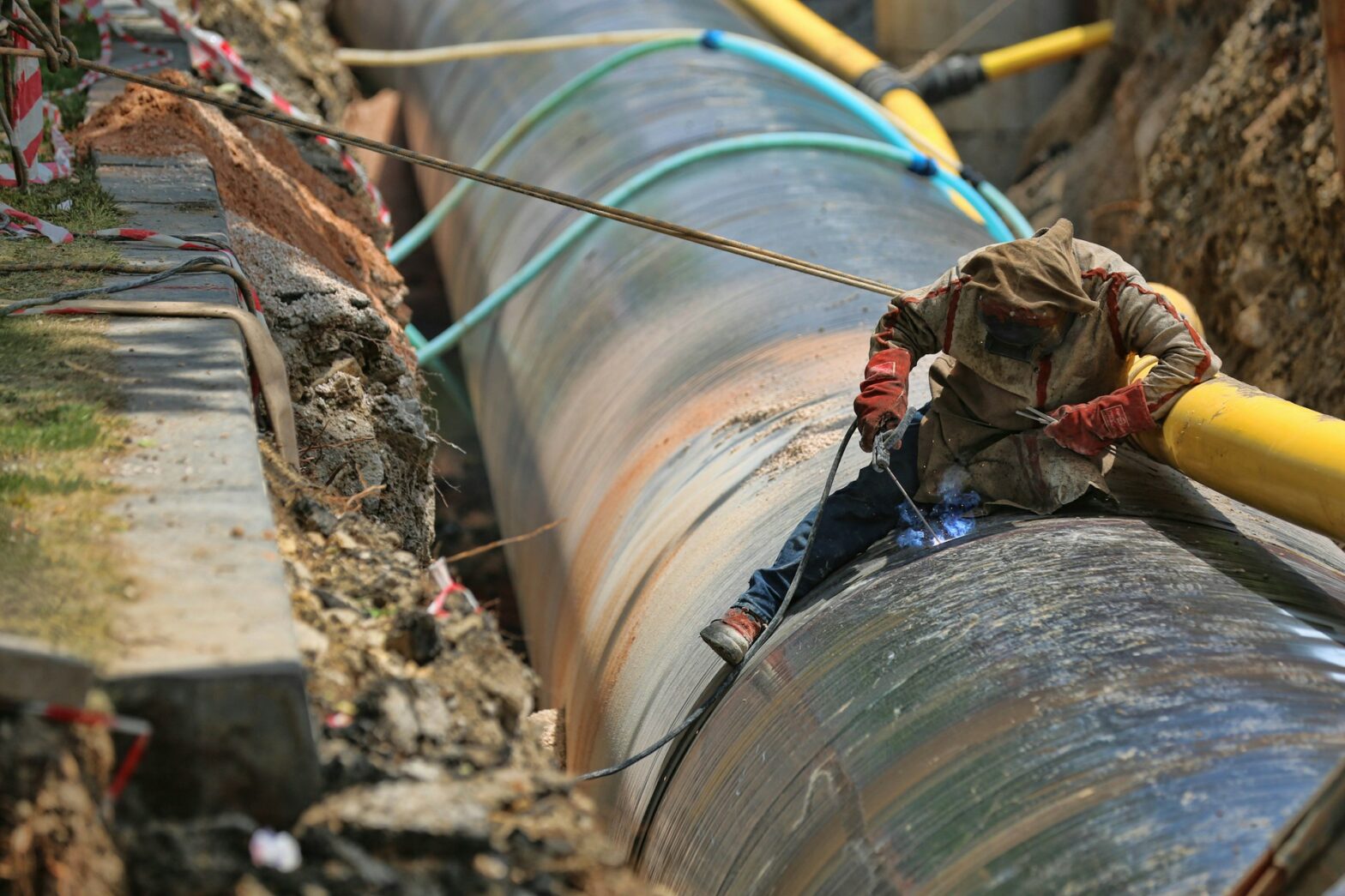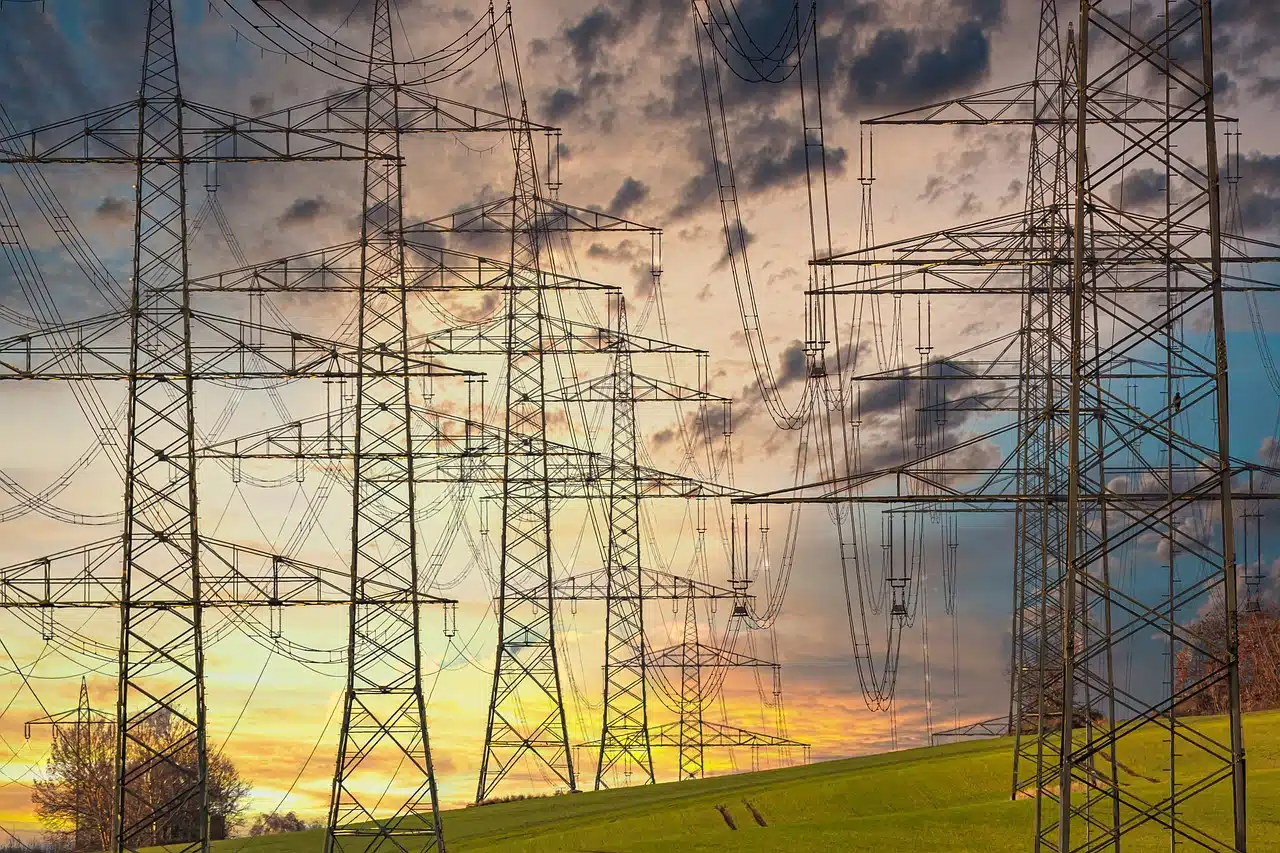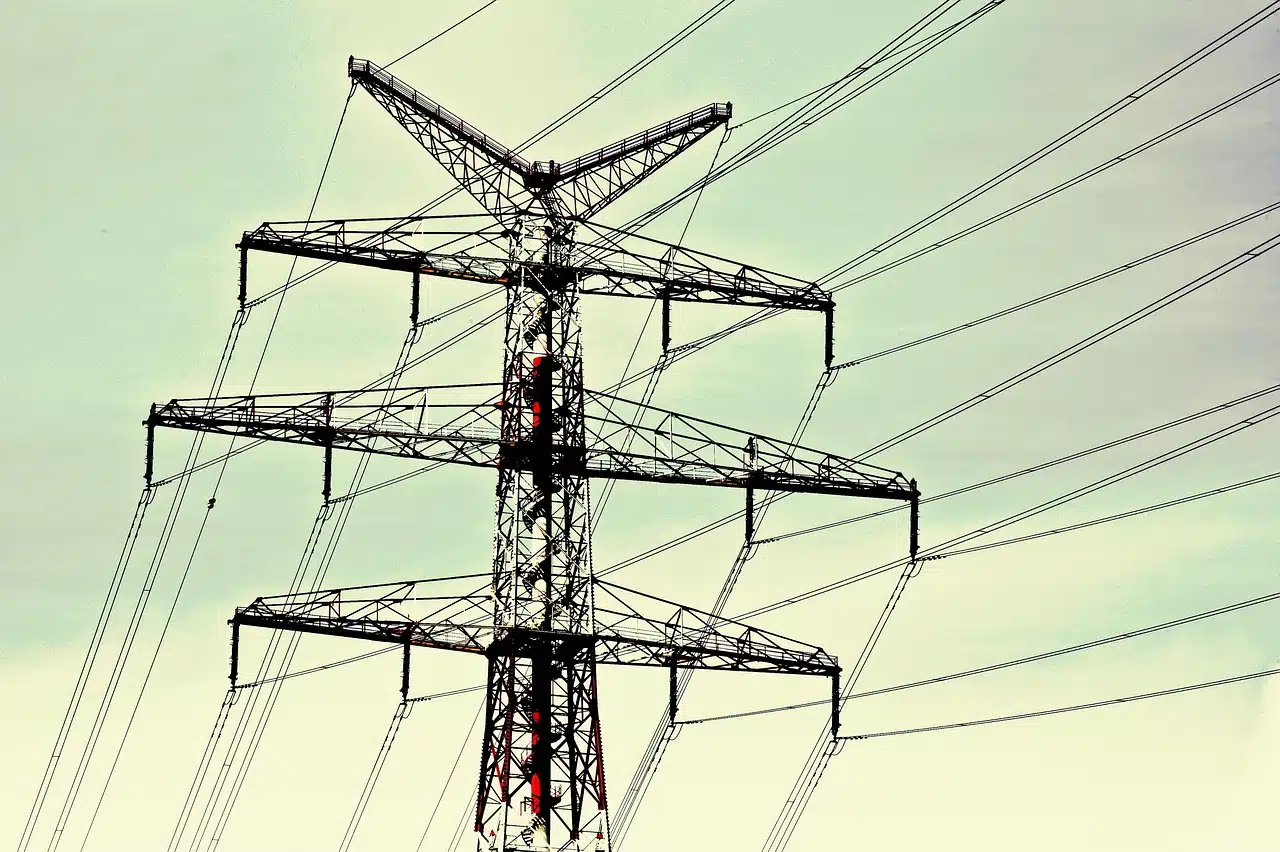Ghana’s Eurobonds plummeted on Tuesday, March 4, 2025, after Finance Minister Cassiel Ato Forson warned that the nation’s energy sector debt could balloon to $9 billion by 2027 if urgent reforms are not implemented.
This cautionary note sparked a significant decline in Ghana’s dollar bonds, according to Bloomberg data.
The data reveals that the country’s bonds maturing in 2035 dropped 1.1% to 73.3 cents on the dollar at 1:02 p.m. in London, marking their lowest point in a month. While securities due in 2030 also decreased by 0.9% to 77.83 cents on the dollar.
This downturn in the stock market follows the revelation of critical economic information by the finance minister at the National Economic Dialogue (NED) 2025, held in Accra on March 3-4, 2025.
The finance minister attributed the escalating energy debt to inefficiencies within the state-run Electricity Company of Ghana (ECG), citing low electricity tariffs, distribution challenges, and a lack of competition in power generation as contributing factors.
“The energy sector in Ghana has become a ticking time bomb, costing about 2% of GDP every year. The objectives of the energy recovery program are completely off track. Fixing the sector requires radical measures,” the minister warned during his presentation at NED 2025 in Accra.
Forson emphasized that the sector “requires bold measures,” disclosing a $2.2 billion shortfall in the Ghanaian energy sector in 2024, despite government transfers of $2.1 billion between 2023 and 2024.
Despite restructuring a significant portion of its public debt in October 2024, including Eurobonds, Ghana continues negotiations with international banks to restructure $2.7 billion in loans.
In addition, President John Dramani Mahama also highlighted the severity of the situation in his State of the Nation Address on February 27, 2025, revealing that the energy sector’s debt had reached GH¢70 billion by December 2024.
To address these challenges, the president called for the urgent need for reforms to ensure consistent and affordable electricity for Ghanaians.
The government is considering private sector involvement in energy distribution and revenue collection.
Energy Minister John Abdulai Jinapor announced plans to decide within six months on the country’s energy sector model.
The choice will be between full privatization or a concession model, where a private entity manages operations for a fixed period before handing control back to the state.
Recently, the new administration halted the program of paying for oil with gold, hoping the policy will help maintain stability in the foreign exchange markets.

